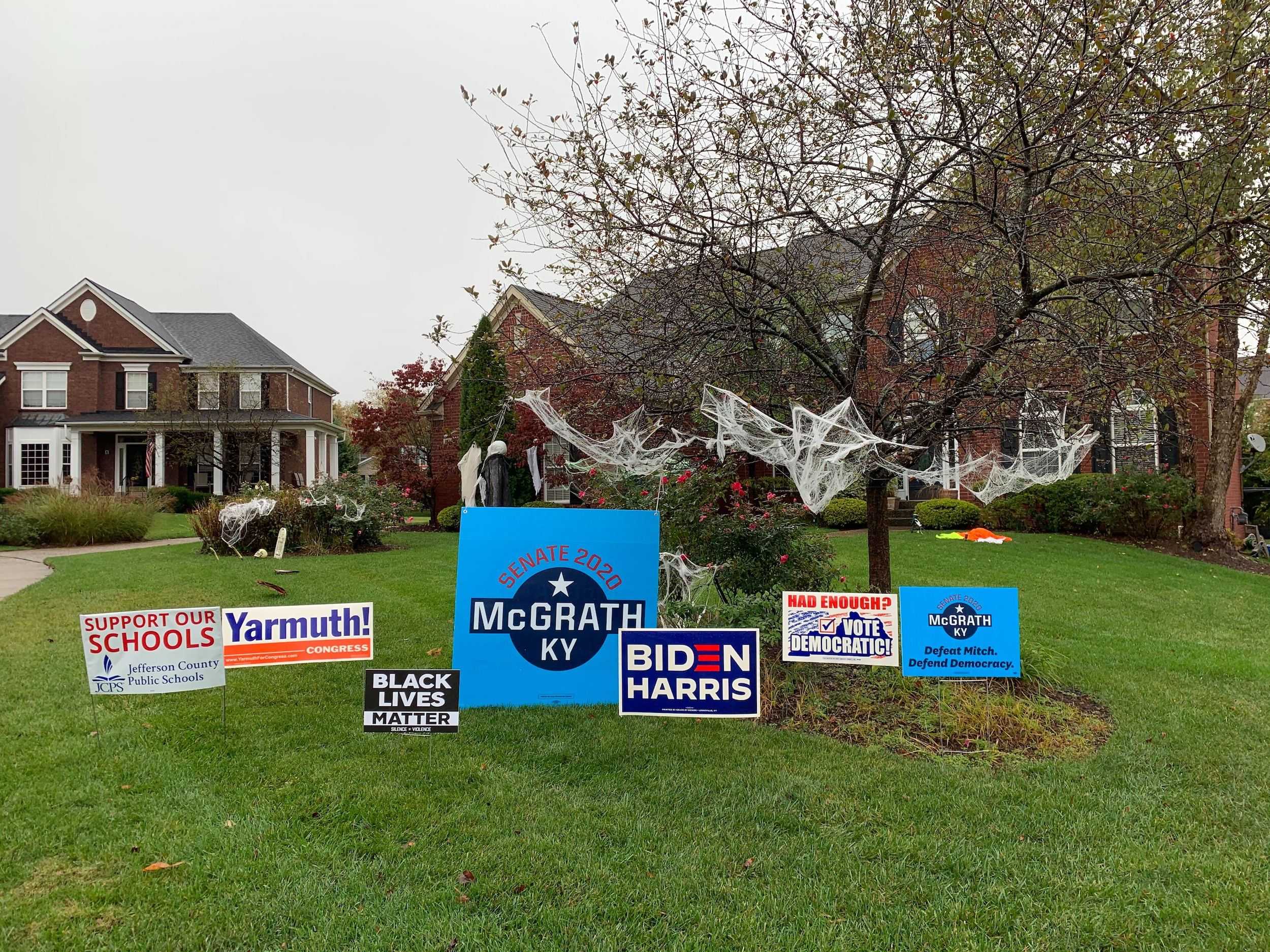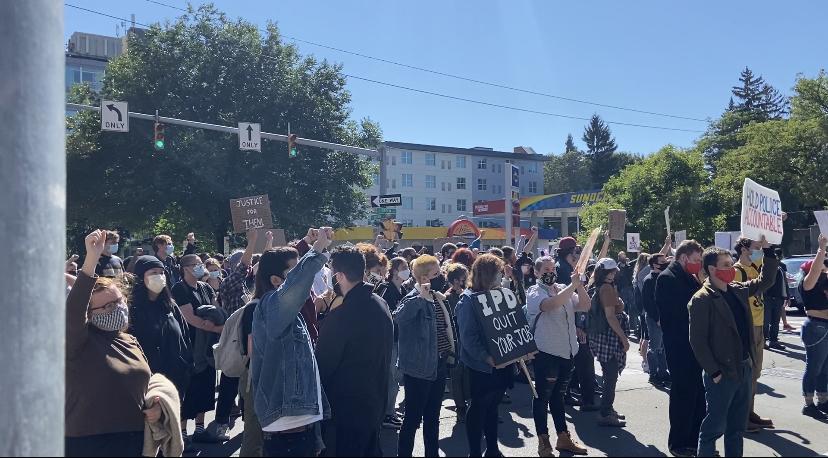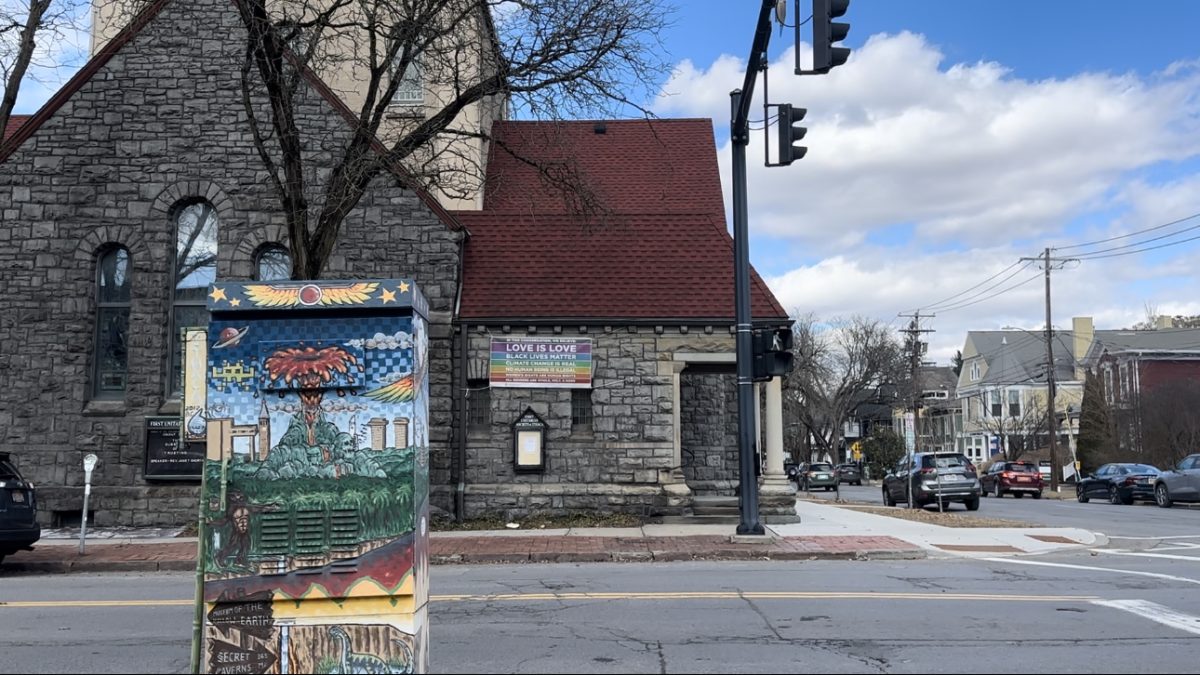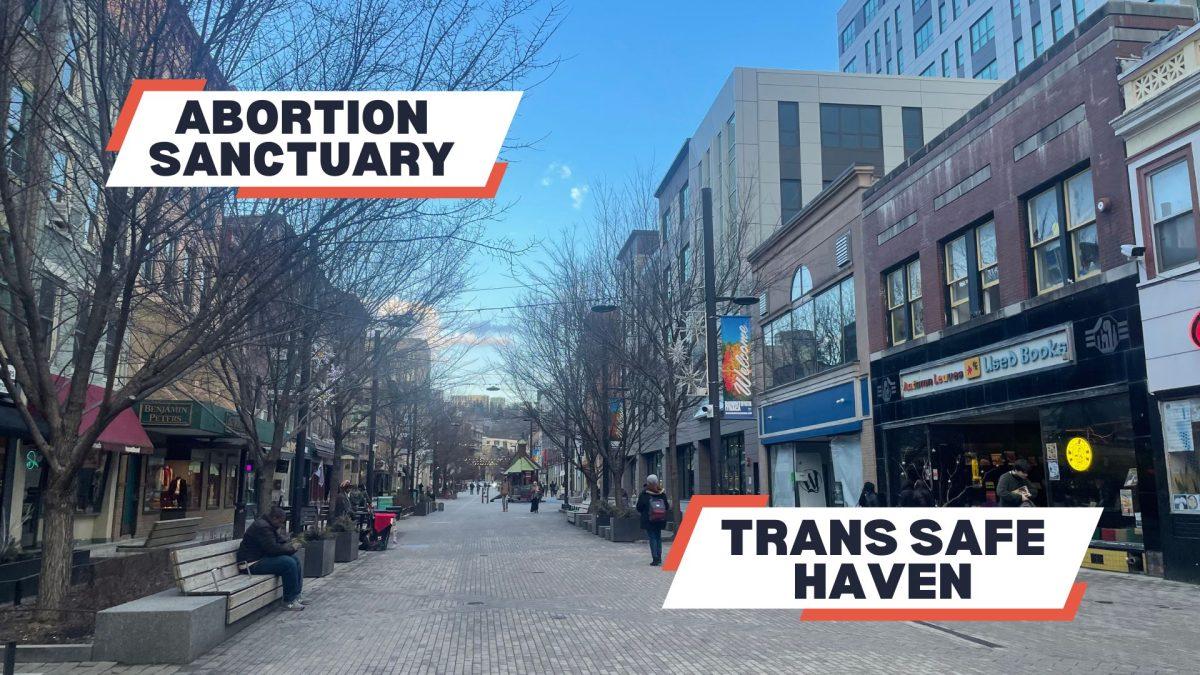Lucy Calderon, a 19-year-old from Louisville, Kentucky, said she has been ready to vote her entire life. Calderon voted early and in-person at her designated polling location.
“My family and I joke that I have been ready to vote ever since I was in my mom’s womb,” she said.
Calderon said that her first time voting was last year in the Kentucky governor’s election.
“I want to be the kind of person that votes in every single election no matter how small it is,” Calderon said.

Calderon is one of over seven million voters ages 18-29 who voted early in the 2020 presidential election, either in-person or by mail-in ballot. This is the first presidential election for millions of young voters, members of Generation-Z, who are projected to make up about 10 percent of the total electorate.
Early youth voter turnout is already higher than in 2016, and the youth vote is expected to be influential in determining which presidential candidate wins in key swing states like Wisconsin, North Carolina and Florida. In Texas, a state that is now considered a toss-up for either candidate, a record-breaking 1.2 million young people have voted early nationwide.
Issues
Generation-Z has been at the forefront of protests and social justice movements across the country over the last few years. From the March for Our Lives to Black Lives Matter, young people have been leading the charge and taking to the streets to demand action from elected officials.

In 2018, the Center for Information and Research on Civic Learning & Engagement (CIRCLE) at Tufts University found that people ages 18-24 are three times as likely to have attended a political demonstration than in 2016, an increase from 5 to 15 percent.
Ali Kelley, a 21-year-old from West Bloomfield, New York, said she is voting for the first time this year. She voted by absentee ballot and said women’s rights had an impact on her decision.
“I didn’t realize how much it would really come down to it at the last minute right now with all of the Supreme Court issues,” Kelley said. “But, being able to have the right to choose has always been something that I’ve advocated for strongly.”
Dani Pluchinsky, a 21-year-old from Catasauqua, Pennsylvania, said she was also motivated by women’s rights issues.
“I am extremely concerned about the potential defunding of Planned Parenthood,” Pluchinsky said. “I think that people think Planned Parenthood is just an abortion site and it’s not, it provides free birth control and free breast cancer screenings.”
For Vedant Akhauri, 20, his experience growing up near Parkland, Florida, the location of a deadly mass school shooting, weighed heavily on him. Akhauri said his vote was influenced by gun violence.
“I live three or four hours away from Stoneman Douglas High School and I remember that hit us pretty hard,” Akhauri said. “We were very angry that Republicans were not passing gun legislation.”

An increase in voter activism
Generation-Z is also the social media generation. Pew Research estimates that at least 72 percent of teens use Instagram, an app that has become the new face of voter activism. On Instagram, celebrities hold voter registration contests and offer tips on how to correctly mail an absentee ballot. These posts are shared by thousands of people each day.
In addition, Pluchinsky said she has seen an increase in voter activism and political information on TikTok, a popular video app with over 100 million American users.
“I am getting really cool information on how to vote and sometimes I see TikToks that have information on a politician who’s running in a random Senate race that I don’t know about,” Pluchinsky said. “I feel like I’m becoming more aware of other races throughout the country and it surprises me how much of an educational tool it has become.”
Kelley said she has also noticed voter activism on TikTok and other social media apps. She said she started seeing political TikToks after following Kellyanne Conway’s daughter, Claudia, who frequently posts about registering to vote.
She said the integration of political conversations into social media and everyday life normalizes getting involved and voting.
“Just talking about the nitty gritty of elections and the Supreme Court makes it easier to understand,” Kelley said. “I feel like these TikToks help take these topics and integrate them into everyday life.”












